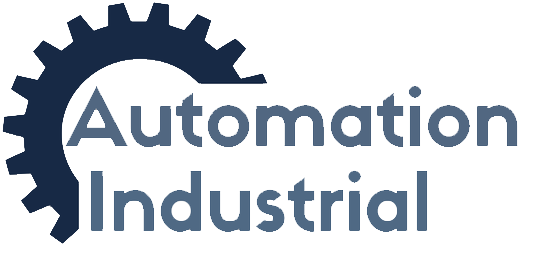Instrumentation and Instrumentation Boards: Vital Cogs in Diverse Industries
Author: Nicholas Jones Tags: Instrumentation, Manufacturing, Healthcare Date: 1/15/24
Instrumentation and instrumentation boards are pivotal in the efficient functioning of various sectors, from manufacturing and healthcare to energy and transportation. These systems, encompassing sensors, meters, and control devices, provide critical data and control mechanisms essential for the optimal operation of complex processes. This article examines the significance of instrumentation and instrumentation boards across different industries and how they contribute to precision, efficiency, and safety.
The Essence of Instrumentation
Instrumentation involves the use of measuring instruments to monitor and control physical quantities like pressure, temperature, flow, and level. It is fundamental in ensuring processes operate within specified parameters, thereby guaranteeing quality, safety, and efficiency. Instrumentation boards, which integrate these instruments and their control systems, form the nerve center of this operation, collecting data, processing it, and initiating necessary actions.
Manufacturing: Precision and Quality Control
In the manufacturing sector, instrumentation plays a crucial role in maintaining quality and efficiency. Instrumentation boards monitor production processes, ensuring parameters like temperature and pressure are maintained within optimal ranges. This precision is crucial in industries like pharmaceuticals and chemicals, where even minor deviations can affect product quality. The data collected by these systems also help in identifying inefficiencies and streamlining operations, leading to cost savings and increased productivity.
Healthcare: Enhancing Patient Care
Instrumentation in healthcare is vital for patient monitoring and diagnostics. Medical instruments, such as ECG machines, blood pressure monitors, and MRI scanners, rely on accurate measurements to provide crucial health insights. Instrumentation boards in these devices ensure the precise collection and interpretation of data, which is critical for making informed treatment decisions. They also contribute to patient safety, alerting healthcare professionals to potential issues before they become critical.
Energy Sector: Ensuring Reliability and Safety
In the energy industry, particularly in power generation and distribution, instrumentation is key to system reliability and safety. Instrumentation boards in power plants control and monitor generators and turbines, adjusting operations based on demand and safety requirements. In nuclear plants, they play an even more critical role, monitoring radiation levels and reactor conditions to prevent accidents. These systems ensure that energy production is efficient, reliable, and safe, meeting the growing energy demands while minimizing risks.
Transportation: Safety and Efficiency
Transportation systems, including automotive, aviation, and maritime, heavily rely on instrumentation for safety and operational efficiency. Instrumentation boards in vehicles control engine parameters, optimize fuel consumption, and ensure safety mechanisms are active. In aviation, cockpit instruments provide pilots with vital information like altitude, speed, and navigation data, crucial for safe flights. In maritime operations, instrumentation assists in navigation and monitors engine and hull integrity, ensuring safe and efficient voyages.
Environmental Monitoring: Protecting Ecosystems
Instrumentation plays a pivotal role in environmental monitoring, helping to protect ecosystems and public health. Sensors and monitoring equipment track air and water quality, providing data essential for pollution control and environmental regulation compliance. Instrumentation boards process this data, enabling timely responses to environmental threats, such as hazardous spills or air quality deterioration.
Agriculture: Enhancing Productivity and Sustainability
In agriculture, instrumentation is increasingly used to enhance productivity and sustainability. Soil moisture sensors, climate monitors, and other instruments collect data that helps in making informed decisions about irrigation, fertilization, and pest control. This precision agriculture approach maximizes crop yields while minimizing environmental impact, contributing to a more sustainable agricultural sector.
Challenges in Instrumentation and Future Trends
Despite the benefits, implementing and maintaining instrumentation systems poses challenges. These include the need for regular calibration, dealing with harsh environmental conditions, and integrating new technologies. Looking ahead, trends like IoT and AI integration are set to revolutionize instrumentation further. Smart sensors and predictive analytics will provide even more detailed insights, enhancing decision-making and process optimization across industries.
Conclusion
Instrumentation and instrumentation boards are indispensable in modern industry and society. They provide the eyes and ears for various sectors, allowing for precise control and monitoring of critical processes. As technology continues to evolve, the role of instrumentation in ensuring efficiency, safety, and quality will only become more crucial. By embracing technological advancements and addressing the challenges in implementation and maintenance, industries can leverage instrumentation to its fullest potential, driving innovation and growth in an increasingly data-driven world. The future of instrumentation, intertwined with advancements in digital technology, promises not just incremental improvements but a transformative impact on how industries operate and evolve.
